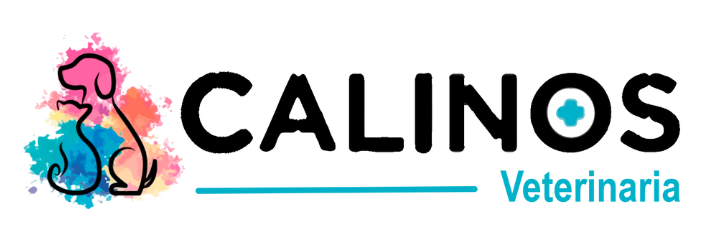Cannabidiol (CBD), the second most abundant component of cannabis, is thought to modulate various neuronal circuits involved in drug addiction. The goal of this systematic review is to summarize the available preclinical and clinical data on https://ecosoberhouse.com/article/alcohol-withdrawal-seizure-causes-symptoms-treatment/ the impact of CBD on addictive behaviors. MEDLINE and PubMed were searched for English and French language articles published before 2015. In all, 14 studies were found, 9 of which were conducted on animals and the remaining 5 on humans.
The results of this study indicate that CBD (one dose of 5 mg/kg or 5 mg/kg once daily for 3 days) specifically inhibited conditioned cue-induced heroin-seeking behavior for up to 2 weeks following the last administration without affecting motor function. On the other hand, CBD failed to influence drug-seeking behavior initiated by heroine prime. Moreover, neither the maintenance nor the extinction phase of SA was modified by CBD. The present review shows the current state of the art about the potential is cannabidiol addictive interest of CBD as a new pharmacological avenue for SUD. According to the findings from preclinical and clinical studies, CBD alone or in combination with commonly employed treatment strategies in drug addiction may configure a potential therapeutic option for improving the dishabituation process of addicted patients. After examining the acute and long-term effects of cannabis, CUD appears to conform to the general patterns of changes described in the Koob and Volkow model of addiction.
Are there any side effects or risks to consider?
Be sure to tell your healthcare provider about any other medications you might be taking in order to prevent any potential drug interactions. Watch for side effects and don’t take more than the dose that your doctor recommends. While promising, more research is needed to understand how CBD might be utilized for the treatment of substance use disorders.

There are many positive medical purposes for CBD oil, and it can also help with your mental health. While there wouldn’t be physical symptoms of withdrawal, you may experience more anxiety, symptoms of depression, and irritability. If you were using CBD oil for a long time and ran out, you may notice some psychological symptoms of withdrawal because your brain would want you to turn to the behavior of using CBD oil. It’s possible for the brain to develop a psychological dependence to CBD oil based on something known as the habit loop.
Prolonged Use of Certain Substances
It was proposed that CBD could act as a partial agonist (Tham et al., 2019), inverse agonist or even as an antagonist (Thomas et al., 2007). A recent report suggested that CBD might act as an allosteric modulator (Martinez-Pinilla et al., 2017). Finally, CBD presents recognized antagonistic properties on GPR55 receptor (Ryberg et al., 2007; Sharir and Abood, 2010; Ibeas Bih et al., 2015). In 2013, around 4.2 million people 12 and older had a Marijuana abuse or addiction problem. Similar to any other drug, heavy users can experience withdrawal after stopping consistent use.
- CBD is a “phytocannabinoid” found naturally in cannabis plants (again, both hemp and marijuana).
- Activation of presynaptic CB1 receptors inhibits glutamate transmission onto GABAergic cells in the PFC, reducing the function of inhibitory prefrontal circuits.
- Behavioral addictions are compulsive behaviors that can be as damaging as chemical dependencies.
- Hemp has very little THC; that’s why you don’t get high from hemp products like oils or fabrics made from hemp fiber.
- The sort of experience you may expect from your CBD oil will also be determined by the dose, type of extract, route of administration, and general quality of the CBD product.
- However, CBD products containing more than 0.3% THC still fall under the legal definition of marijuana, making them illegal at the federal level.
In 2018, the Food and Drug Administration (FDA) approved Epidiolex, the first pure-CBD anti-seizure treatment. The FDA approved Epidiolex for treating rare forms of epilepsy, including Dravet syndrome and Lennox-Gastuaut syndrome. The researchers reported that two-thirds of the participants experienced at least a 25% reduction in seizure frequency while receiving CBD treatment. CBD also performed similarly to a placebo on self-reported feelings of intoxication. The results of a small 2016 study of 31 adults show that while active THC produced substantial physical and psychological effects, such as rapid heart rate and euphoria, CBD did not affect heart rate, blood pressure, or cognitive function. Get helpful tips and guidance for everything from fighting inflammation to finding the best diets for weight loss…from exercises to build a stronger core to advice on treating cataracts.
